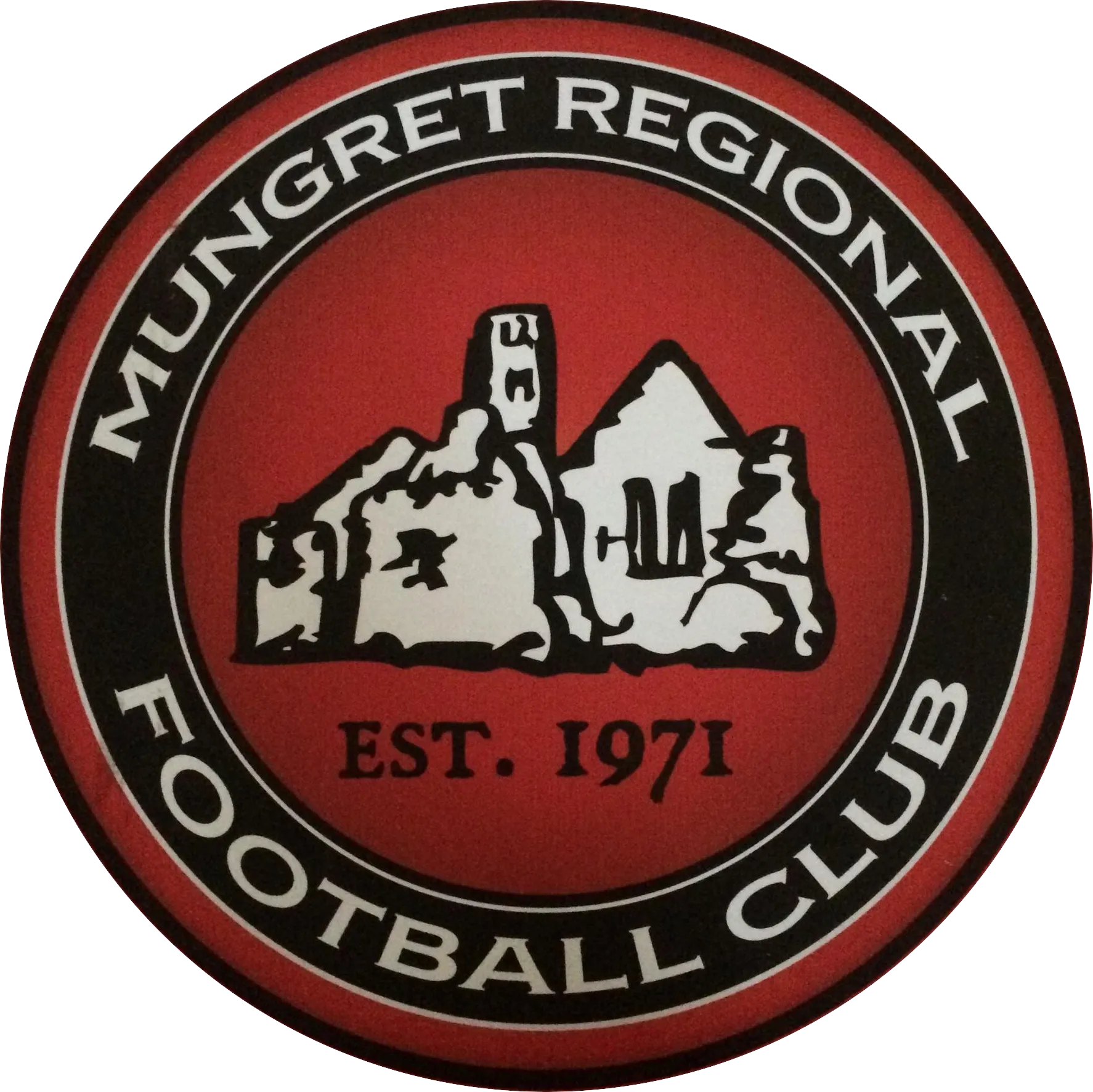
GP Services
Chronic Disease Management

Mungret Medical Centre provides a range of services. Some of our main services are listed below. Given the individualised nature of medicine some services below may be more or less suitable in certain circumstances. Please get in touch with any questions.

The aim of Chronic Disease Management (CDM) is to make changes now to lessen the burden of diseases in the short term, and their effect on our patients' lives, but also to reduce the risk of significant adverse events occurring in future for certain conditions. These structured programmes allows for both continuity and continuous of care for our patients within services of MMC.

Chronic Disease Management (CDM) refers to three programmes;
- Opportunistic Case Finding - done five yearly.
- Prevention Programme - done yearly.
- Chronic Disease Management (sub-programme also named CDM) - done six monthly.
Patients can move between the three programmes above depending on diagnoses and results.
The HSE first rolled out OCF/PP/CDM in 2020 for Medical Card (and Doctor Visit Card) patients and MMC brought CDM for the eight conditions below to all our patients, including private patients in 2024.
Chronic Disease Management
MMC provides chronic disease management for the eight conditions below for those aged 18 years and older. If you have been diagnosed with one of the following conditions you can book directly in now by contacting Mungret Medical Centre or requesting an appointment.
- Diabetes Mellitus Type 2
- Asthma
- Chronic Ischaemic Heart Disease
- Atrial Fibrillation
- Chronic Obstructive Pulmonary Disease
- Heart Failure
- Stroke - Cerebrovascular Disease
- Transient Ischaemic Attack - Cerebrovascular Disease
There is no charge if you have a Medical Card or Doctor Visit Card for these services, with fees being applicable for Private Patients.
If you have not previously had CDM appointments we would recommend asking our administration staff for same at your next routine appointment, such as your next prescription renewal or periodic appointment. There are two appointments which should occur once every six months;
- The first consultation, generally with a practice nurse, will involve blood tests, physical measurements, physical examination, and if necessary further investigations, screening and vaccines will also be reviewed.
- The second consultation will be a week later and with a GP. At this consultation the results of your first consultation will be reviewed, your medical records reviewed, your medications reviewed, and changes made if necessary to your management plan.
Your first two CDM appointments (a week apart) will be your registration visit, six months later you will be due your interim two appointments (a week apart), six months after that you will be due your annual review (a week apart). The programme should continue on that pattern with two appointments, occurring a week apart, every six months.
The chronic disease management programme is not suitable for emergency presentations, with further information below.
Diabetes Mellitus Type 2
Diabetes Mellitus Type 2 is a metabolic disease, involving inappropriately elevated blood glucose levels and resistance to insulin. It is estimated that 4.8% (161,500) of the Irish population have type two diabetes. People with diabetes run a greater risk of developing one or more severe health complications such as heart disease, stroke, chronic kidney disease, nerve damage, and other problems with feet, oral health, vision, hearing, and mental health.
Chronic Disease Management (CDM) is individualised, but in the main consists of strategies which lower blood sugar levels via lifestyle and medication, other risk factor modification, regular review and screening programmes - all of which reduces the likelihood of serious complications.
Asthma
Asthma is a condition in which your airways narrow and swell and may produce extra mucus. Asthma in Ireland affects 7% in Irish adults and 21% in Irish children which amounts to about 460,000 people in Ireland. Symptoms include shortness of breath, chest tightness or pain, wheezing when exhaling, trouble sleeping caused by shortness of breath/coughing/wheezing, coughing or wheezing attacks that are worsened by a respiratory virus, such as a cold or the flu, amongst other symptoms.
Triggers for asthma include sinus infections, allergies, particles in the air, pollen, breathing in some chemicals, acid reflux, physical exercise, cold dry air amongst others. Chronic Disease Management (CDM) is individualised, but in the main for asthma it consists of strategies which aim to reduce the risk of complications via lifestyle, preventative medicine, with inhalers, vaccination programmes and minimisation of related risks.
Chronic Ischaemic Heart Disease
Chronic ischaemic heart disease relates to poor blood flow to the heart which deprives it of oxygen. The coronary arteries supply blood to the heart. Hardening, or narrowing of these arteries is known as coronary artery disease. This can lead to shortness of breath, fatigue, angina (chest pain) and also heart attacks. Cardiovascular disease is associated with 9,000 mortalities a year in Ireland. Chronic Disease Management (CDM) is individualised, but in the main relates to risk factor minimisation for chronic ischaemic heart disease with management of the following and similar; high blood pressure, diabetes, physical activity, lipids (cholesterol) levels and smoking.
Atrial Fibrillation
Atrial fibrillation, sometimes called "a fib", is a heart condition that causes an irregular and often abnormally fast heart rate. It can be associated with palpitations, dizziness, shortness of breath and tiredness. In atrial fibrillation, the heart's upper chambers (atria) contract randomly and sometimes so fast that the heart muscle cannot relax properly between contractions. This reduces the heart's efficiency and performance.
Atrial fibrillation is the most common heart rhythm disturbance. Irish research has shown that 3.2% of the total population aged over 50, 5.3% in the over 65’s and almost 11% in those aged over 80 years old have atrial fibrillation. It is more likely to happen in people with high blood pressure, ischaemic heart disease, and heart valve issues. Having atrial fibrillation is also a risk factor for stroke. Chronic Disease Management (CDM) is individualised, but in the main for atrial fibrillation relates to detection, heart rate control and anticoagulation, as well as other options including interventions with cardiology.
Chronic Obstructive Pulmonary Disease
Chronic obstructive pulmonary disease (COPD) is a disease of the airways whereby they become inflamed, damaged and narrowed. The main cause, at over 70%, is smoking or passive smoking (breathing in other people's tobacco smoke). Approximately 20% of smokers will develop the disease. Symptoms include shortness of breath, a persistent chesty cough with phlegm that does not go away, frequent chest infections, persistent wheezing amongst others. In Ireland it is estimated that 500,000 (10% of population) people are living with COPD yet only 200,000 (4% of population) are diagnosed.
Complications of COPD include respiratory infections, severe limitations in physical activities, heart problems, lung cancer, high blood pressure in lung arteries and a dependence on oxygen to breathe. Chronic Disease Management (CDM) is individualised, but in the main for COPD it consists of strategies which aim to reduce the risk of complications via lifestyle, preventative medicine, with inhalers, vaccination programmes and minimisation of related risks.
Heart Failure
Heart failure means that the heart is unable to pump blood around the body properly. It usually happens because the heart has become too weak or stiff. Symptoms of heart failure include shortness of breath, fatigue, weakness, chronic cough, swelling in the legs/ankles/feet, sleeping on several pillows, amongst other symptoms.
Current Irish data suggest a 2% of the Irish population (rising to 10% in those > 75 years) is symptomatic with heart failure, with a further 2% having no symptoms but at risk of progressing to symptomatic failure with over 10,000 new cases are diagnosed annually. Heart failure is a leading cause of hospitalisations in Ireland.
Chronic Disease Management (CDM) is individualised, but in the main for heart failure it centres around managing the cause, minimising the risk of complication, and symptomatic relief.
Stroke - Cerebrovascular Disease
A stroke occurs when there is a blockage to the blood supply to part of the brain or when a blood vessel in the brain bursts. In either case, parts of the brain become damaged or die. A stroke can cause lasting brain damage, long-term disability, and mortality. Approximately 10,000 Irish people have a stroke each year, and currently approximately 30,000 are living with disabilities following a stroke.
Chronic Disease Management (CDM) is individualised, but in the main relates to risk factor minimisation for stroke with management of the following and similar; high blood pressure, diabetes, abdominal circumference, smoking, lipids (cholesterol) levels, and abnormal heart rhythms.
Transient Ischaemic Attack - Cerebrovascular Disease
A transient ischaemic attack (TIA), or mini stroke, happens when there is a temporary disruption in the blood supply to part of the brain. The disruption in blood supply results in a lack of oxygen to the brain. This can cause sudden symptoms like those of a stroke however without permanent disability. One-third of the people with TIA can later have recurrent TIAs and one-third can have a stroke because of permanent nerve cell loss. Having a TIA is a risk factor for eventually having a stroke.
Chronic Disease Management (CDM) is individualised, but in the main relates to risk factor minimisation for stroke with management of the following and similar; high blood pressure, diabetes, abdominal circumference, smoking, lipids (cholesterol) levels, and abnormal heart rhythms.
The Chronic Disease Management (CDM) programme is not suitable nor intended for emergencies. The CDM programme is meant for patients with established diseases and/or conditions, which have been previously diagnosed and initial management commenced and/or completed, either at Mungret Medical Centre or elsewhere. This webpage is not meant to convey medical advice and if you are having a medical emergency, which may or may not be associated with the symptoms above, always follow the HSE advice on emergencies. Call 112 or 999 for an ambulance if someone is seriously ill or injured, and their life is at risk.
































